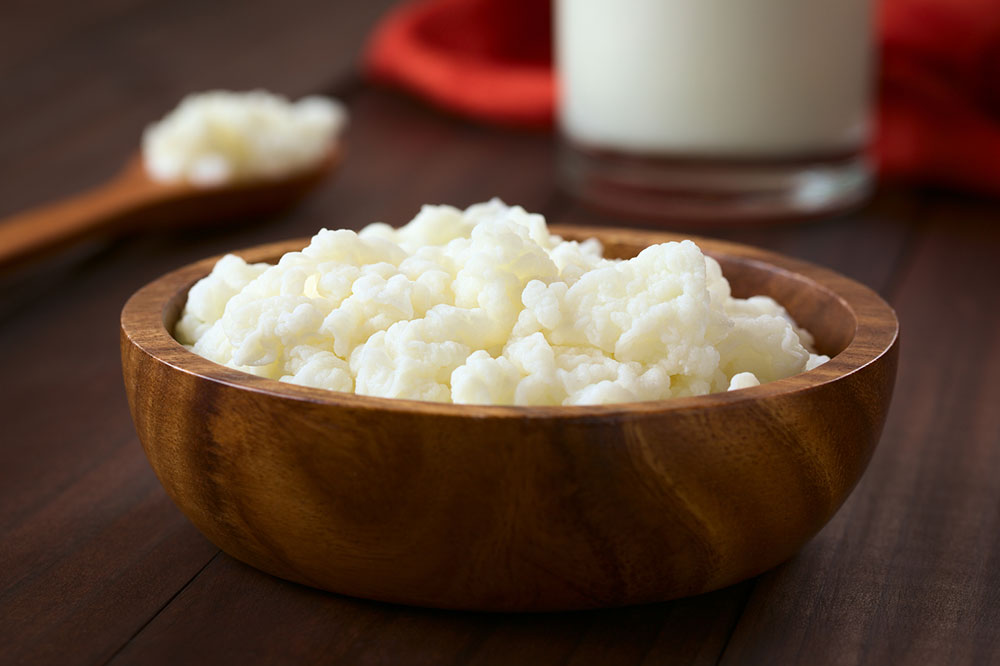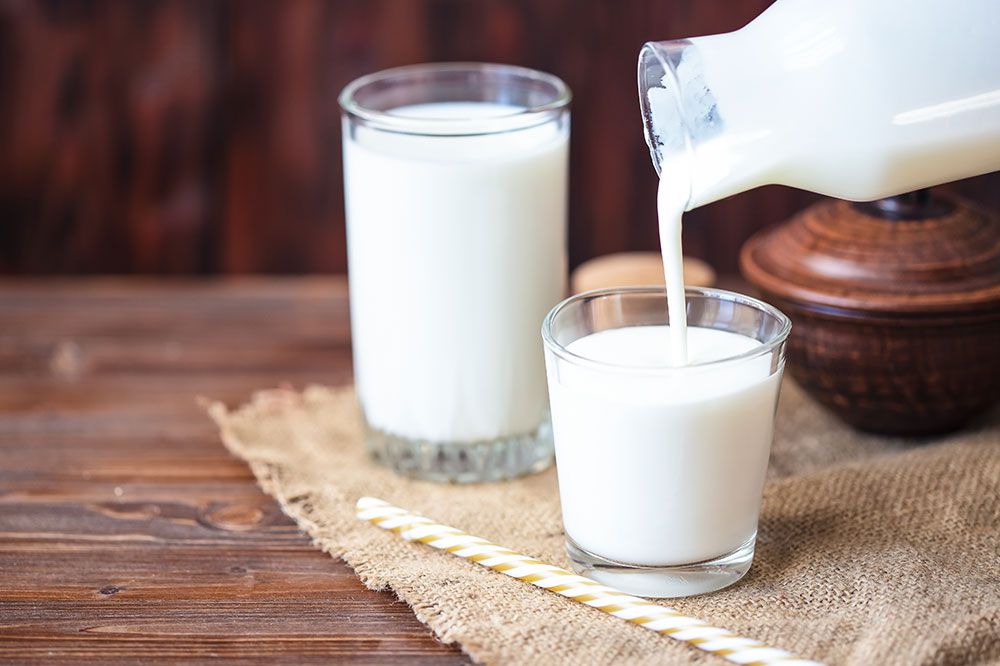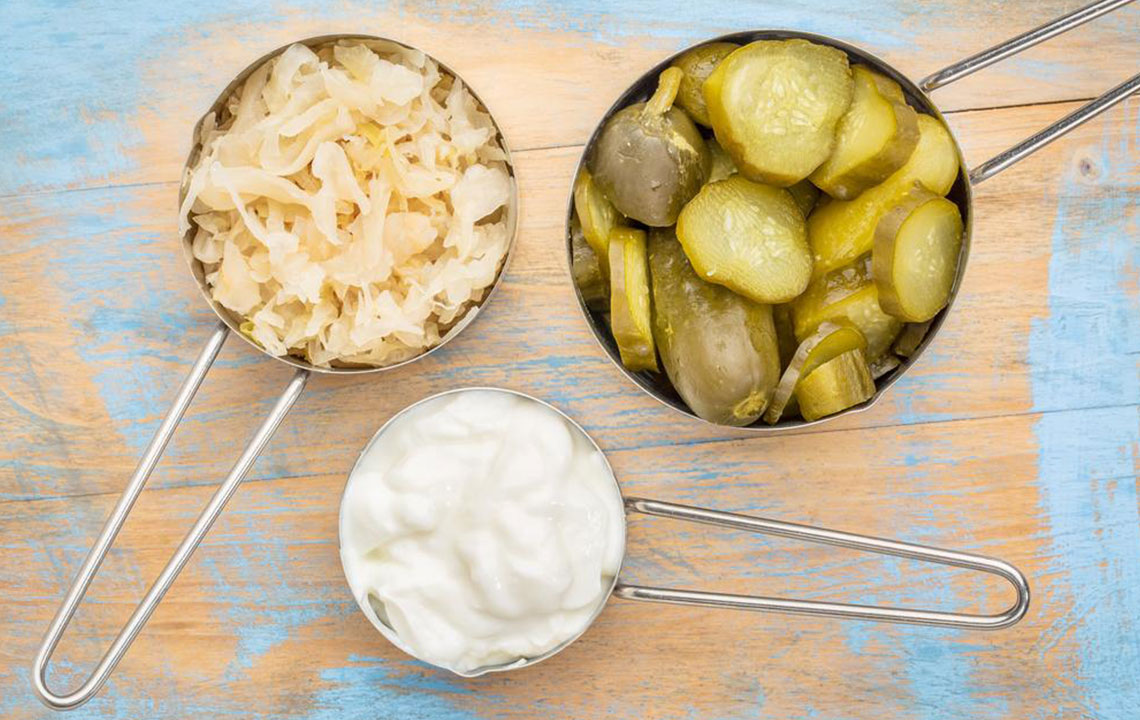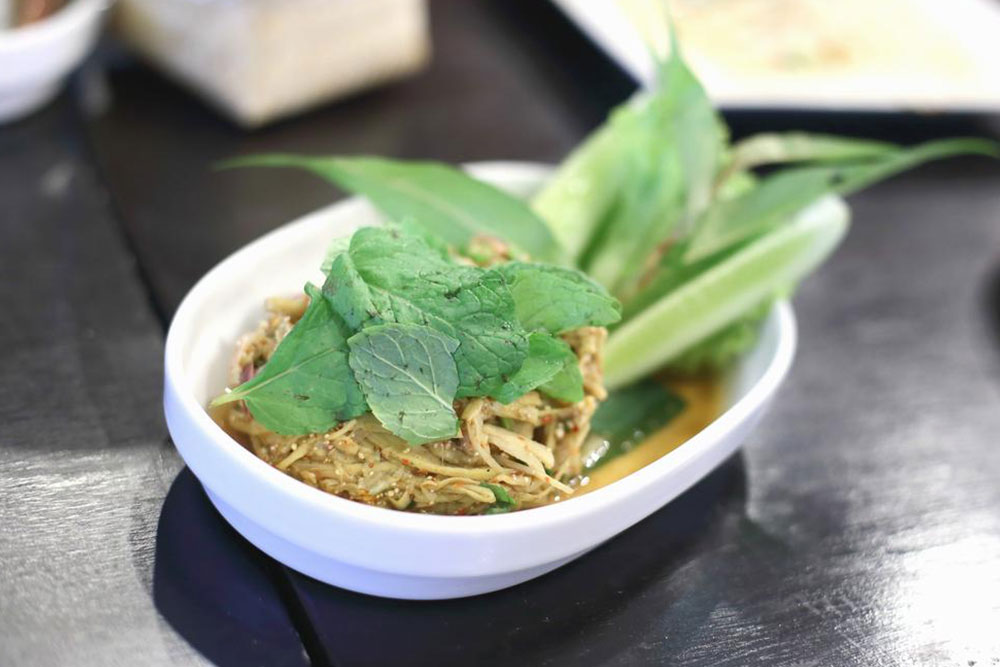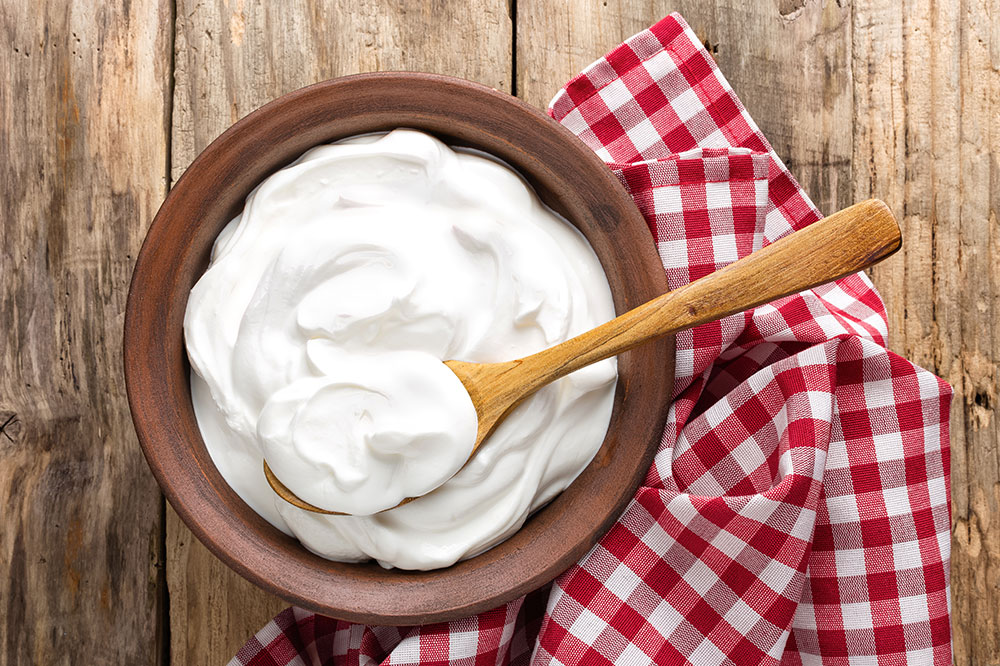Top 10 Nutritious Probiotic-Rich Foods for Better Health
Discover the top 10 probiotic-rich foods that boost digestion, immunity, and overall wellness. From yogurt and kefir to kimchi and natto, learn how these delicious options can enhance your health. Incorporate these foods into your daily diet for better digestion, stronger bones, and improved skin. Always consult a healthcare provider before making significant dietary changes, especially if you have health conditions.

Top 10 Nutritious Probiotic-Rich Foods for Better Health
Probiotics consist of beneficial live bacteria and microorganisms that contribute to overall health by supporting brain function and bodily wellness. Regular intake can reduce symptoms of depression, promote heart health, and enhance digestion. Medical research suggests that probiotics may also improve skin appearance. Incorporate these probiotic foods into your daily diet for maximum benefit. If you have specific health conditions, consult a healthcare professional before adding new items to your diet.
Yogurt
Yogurt is a primary source of probiotics, made through the fermentation of milk with bacteria such as bifidobacteria and lactic acid bacteria. It offers numerous health benefits:
Supports blood pressure regulation
Enhances bone strength
Reduces antibiotic-related diarrhea in children
Alleviates IBS symptoms
Suitable for lactose intolerance
Sauerkraut
This fermented cabbage dish is packed with probiotics from lactic acid bacteria. It also provides vital nutrients including vitamins K, B, C, fiber, manganese, iron, and sodium. Additionally, antioxidants like zeaxanthin and lutein in sauerkraut support eye health.
Kefir
As a fermented dairy beverage made with kefir grains and goat’s milk, kefir is rich in bifidus bacteria and lactobacilli. Its probiotic strains benefit bone health, immune defense, and digestion. It's safe for those with lactose intolerance and contains antioxidants and beneficial microbes.
Kimchi
This spicy fermented Korean dish combines cabbage with seasonings like garlic, ginger, chili flakes, scallions, and salt. Besides its probiotic content, kimchi is loaded with vitamins B, C, calcium, potassium, and iron, along with dietary fiber and beta-carotene.
Miso
A nutrient-dense fermented soybean paste, miso reduces risks of stroke and certain cancers. Rich in fiber, protein, minerals, vitamin K, copper, and manganese, it is commonly used in miso soup, a probiotic-rich Japanese staple.
Tempeh
This fermented plant-based protein is an excellent tofu or meat alternative, high in B12 vitamin. It can be baked, sautéed, or added to salads, ideal for low-sodium diets.
Pickles
Pickled cucumbers enhance digestive health thanks to lactic acid bacteria. They are also a valuable source of vitamin K and sodium, supporting blood clotting and hydration. However, vinegar-based pickles lack live probiotics.
Dark Chocolate
Dark chocolate can serve as a carrier for probiotics, helping friendly bacteria survive the harsh pH of the digestive system and reach the colon. In moderation, it offers health benefits.
Kombucha Tea
A fermented tea drink, kombucha contains a diverse array of gut-friendly bacteria. It boosts energy, supports digestion, and aids weight management. People with candida should limit or avoid it.
Natto
This traditional Japanese dish is made with Bacillus subtilis bacteria and rice, featuring a slimy texture and strong flavor. It's high in protein and vitamin K2, promoting heart and bone health, and may help prevent osteoporosis.
Beyond the foods listed, certain cheeses like mozzarella, gouda, and cheddar, along with traditional buttermilk, contain active probiotic cultures. Supplements are also a convenient way to maintain gut health and strengthen immunity.

